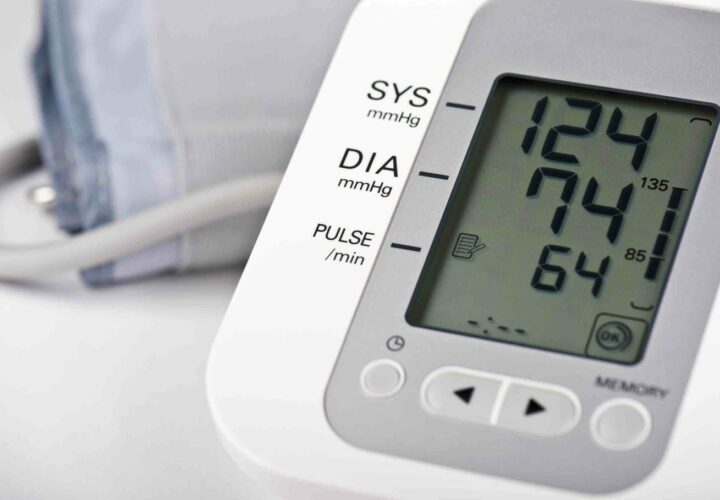Blood pressure may be an even more important biomarker in understanding why some people develop Alzheimer’s. In a new study, researchers report that people who experienced long-term and substantial changes in blood pressure were at greater risk of developing dementia.
The research was conducted by the Erasmus MC University Medical Center in Rotterdam, the Netherlands, and Harvard T.H. Chan School of Public Health in Boston. Study results were published in PLOS Medicine.
Researchers followed more than 5,000 dementia-free people in Rotterdam for approximately 15 years. They found that those people who had the largest increases—or decreases—in blood pressure over the years were at greater risk of developing dementia than those whose numbers stayed stable.
Lead study author Albert Hofman notes that future clinical trials for blood pressure control to prevent cognitive decline might benefit from incorporating targets to maintain stable blood pressure over long periods.
“Results of this study showed that a large blood pressure variation over a period of years was associated with an increased long-term risk of dementia,” study authors concluded.
“The association between blood pressure variation and dementia appears most pronounced when this variation occurred long before the diagnosis,” the authors added. “An elevated long-term risk of dementia was observed with both a large rise and fall in blood pressure.”
Hofman also said that the study suggests that people might find greater benefit in seeking stable blood pressure earlier in life, long before any symptoms of neurodegenerative decline emerge.
Blood pressure is indeed increasingly viewed as a key link in the mystery of why some people develop Alzheimer’s. Research shows that high blood pressure—otherwise known as hypertension—puts stress on fragile blood systems in the brain causes a disruption of the delicate balance between blood flow and neuron activity.
And studies have shown that changes in blood pressure even as young as age 36 can predict poorer brain health later in life.
In another new study, Dr. Richard Isaacson, Director of the Alzheimer’s Prevention Clinic at New York-Presbyterian and Weill Cornell Medicine, said that a series of lifestyle changes and medical interventions can slow cognitive decline from Alzheimer’s or other neurodegenerative diseases.
In an interview, Isaacson said that “people with a family history of Alzheimer’s disease should no longer feel helpless.”
“While there is no magic bullet,” Isaacson added, “we believe that one out of every three cases of Alzheimer’s may be preventable.”
For people already living with an Alzheimer’s diagnosis, Isaacson believes that better nutrition, lifestyle changes and targeted medical interventions can delay progression to full-blown dementia.







Very glad to read this Article , very informative.I like this Article.